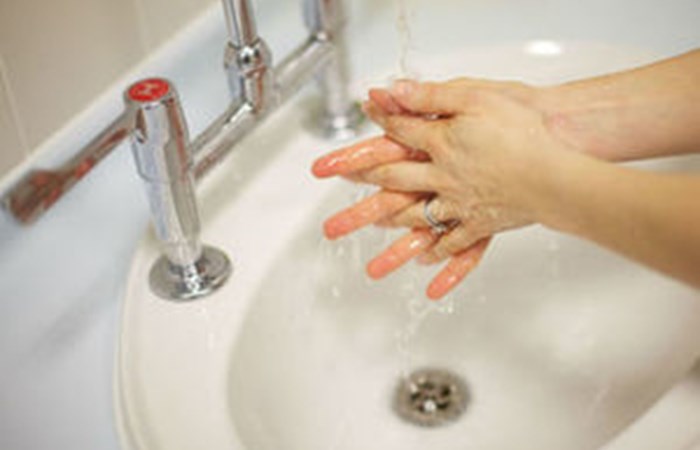Public Health England

Public Health England (PHE) is continuing to investigate an outbreak of E. coli O157, which may be associated with eating mixed salad leaves. To date, 109 cases (figure correct as at 4 July 2016) of this strain of E. coli have been identified (102 in England, 6 in Wales and 1 in Scotland) with the South West of England particularly affected.
PHE has been working to establish the cause of the outbreak and has now identified that several of the affected individuals ate mixed salad leaves including rocket leaves prior to becoming unwell. Currently, the source of the outbreak is not confirmed and remains under investigation. PHE is now reminding people to maintain good hygiene and food preparation practices in response to the current outbreak.
E. coli O157 infection can cause a range of symptoms, from mild diarrhoea to bloody diarrhoea with severe abdominal pain. On rare occasions, it can also cause more serious medical conditions and can be caught by eating contaminated food or by direct contact with animals with the bacteria. It can also be passed from an infected individual to another person if hand and toilet hygiene is poor.
Dr Isabel Oliver, director of PHEs field epidemiology service, said:
PHE has put in place heightened surveillance for this strain of E. coli and is carefully monitoring the reporting of cases across the entire country. To assist with this investigation to help us find the source, we have convened a national outbreak control team who will also ensure all necessary control measures are put in place.
Currently, the source of the outbreak is not confirmed and this remains under investigation. However, our preliminary investigations have indicated that several of the affected individuals ate salad items including rocket prior to becoming unwell. At this stage we are not ruling out other food items as a potential source.
We continue to stress the importance of good hand and food hygiene practices at all times. We urge people to remove any loose soil before storing vegetables and thoroughly wash all vegetables (including salads) that will be eaten raw unless they have been pre-prepared and are specifically labelled ready to eat. These measures may reduce the risk of infection from any E.coli contaminated vegetables, fruit and salad but will not eliminate any risk of infection completely. PHE is working alongside the Food Standards Agency and will provide any further necessary public health advice as investigations continue.
Its also vital to wash hands thoroughly using soap and water after using the toilet, before and after handling food and after contact with any animals and pets, including farm animals. Small children should also be supervised when washing their hands.
The particular strain involved in the outbreak has been identified as phage type (PT) 34.
